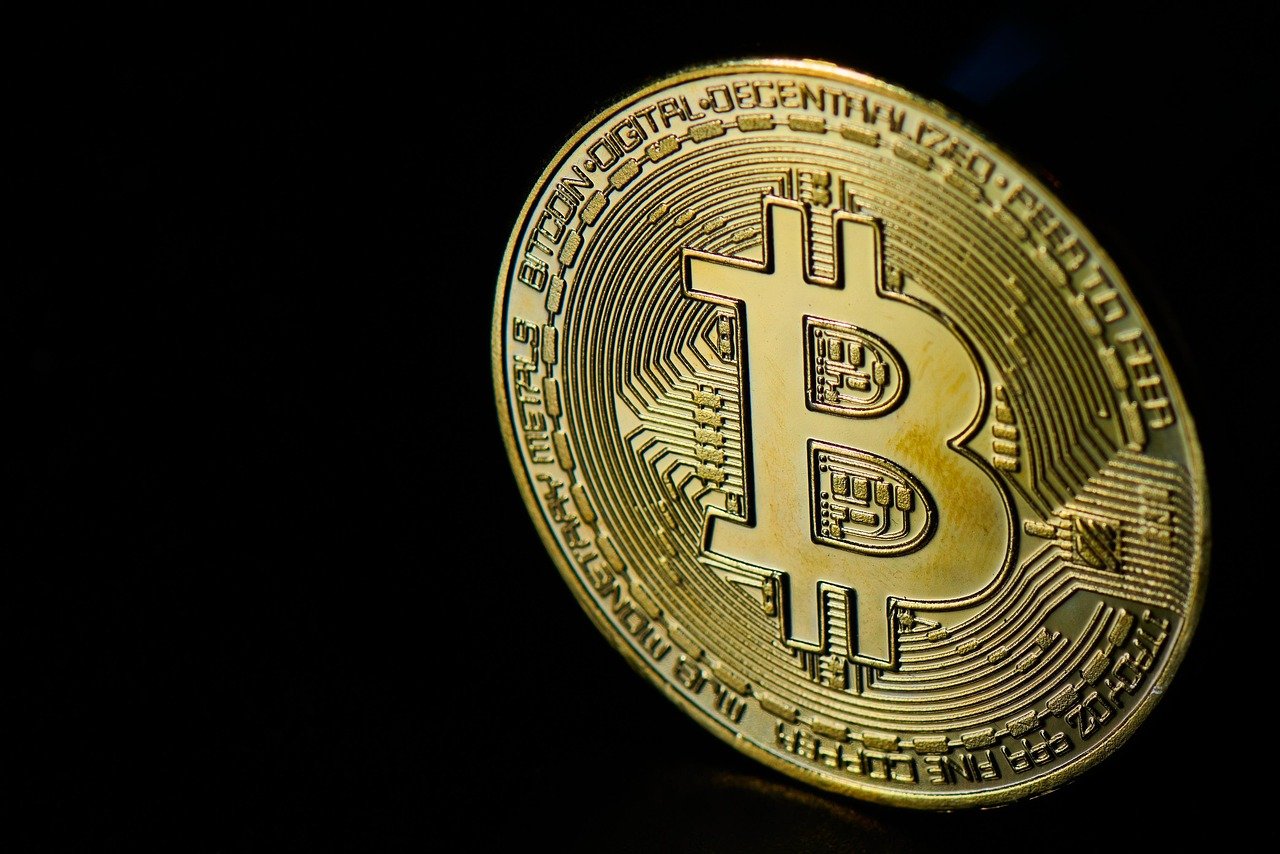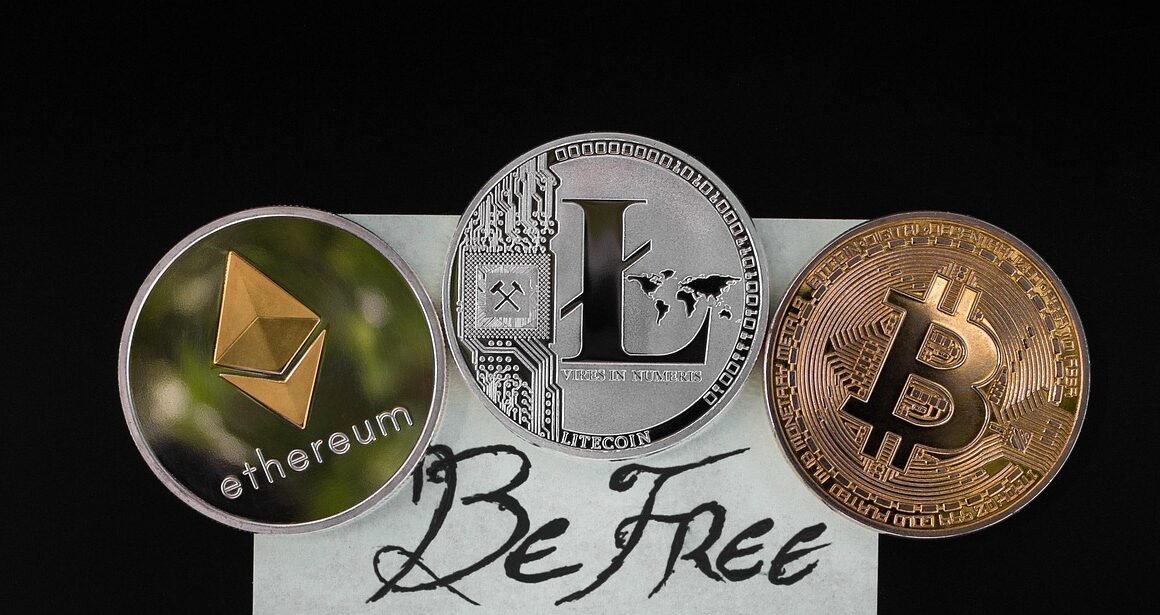Privacy, a fundamental human right, is increasingly under threat in our digital age. Cryptocurrencies, initially envisioned as a tool for financial freedom, often lack robust privacy features in their basic form. This has led to the development of privacy coins – digital currencies designed to protect the anonymity of transactions and the identities of participants. But what exactly are privacy coins, how do they work, and what are the implications of using them? Let’s delve into the world of privacy coins to understand their mechanisms, benefits, and challenges.
Understanding Privacy Coins
Privacy coins are cryptocurrencies that employ various technologies to obscure the details of transactions on their blockchains. Unlike cryptocurrencies like Bitcoin, where transactions are pseudonymous and can be traced back to individuals with enough effort, privacy coins strive to make transactions completely untraceable.
The Need for Privacy in Cryptocurrency
- Financial Surveillance: Traditional cryptocurrencies, while offering some level of pseudonymity, can be linked to individuals through IP addresses, exchange accounts, or spending patterns. This lack of true privacy opens the door to financial surveillance.
- Protection of Business Interests: Businesses may not want their transactions publicly visible to competitors. Privacy coins can ensure business-sensitive information remains confidential.
- Personal Safety: In certain situations, revealing one’s financial activities can be dangerous. Privacy coins offer a way to protect individuals from extortion, theft, or other malicious acts.
- Regulatory Compliance: While seemingly paradoxical, in some jurisdictions, privacy is a legal requirement. Privacy coins can help users comply with privacy regulations by providing tools to control what information is shared.
Key Technologies Behind Privacy Coins
Privacy coins leverage various cryptographic techniques to achieve anonymity. Here are some of the most common:
- Ring Signatures: Used by coins like Monero, ring signatures combine the user’s signature with those of other users on the network, making it impossible to determine which signature is genuine. Essentially, you’re signing with a “ring” of other people’s keys, so nobody can tell which one is really yours.
- Stealth Addresses: Also used by Monero, stealth addresses generate a unique, one-time address for each transaction. This prevents others from linking multiple transactions to a single user’s public address.
- CoinJoin: This technique mixes multiple transactions together into a single transaction, obscuring the origin and destination of funds. A good analogy is a group of people all putting money into a blender and then taking out a random amount. It’s harder to track where the money came from.
- zk-SNARKs (Zero-Knowledge Succinct Non-Interactive Argument of Knowledge): Used by Zcash, zk-SNARKs allow transactions to be verified without revealing any information about the sender, receiver, or amount being transacted. It’s like proving you know the solution to a puzzle without revealing the solution itself.
- Mimblewimble: This technology, used by coins like Grin and Beam, aggregates transactions and removes unnecessary data, making the blockchain smaller and more private. It achieves this by using Confidential Transactions (where the amount is encrypted) and CoinJoin (where multiple transactions are merged).
Popular Privacy Coins and Their Features
Several privacy coins are available, each with its unique features and approaches to anonymity.
Monero (XMR)
- Default Privacy: Monero prioritizes privacy by default, meaning all transactions are private. This is a crucial distinction, as opt-in privacy can be less effective due to user error or lack of awareness.
- RingCT (Ring Confidential Transactions): This enhances ring signatures by also hiding the transaction amount, making it even harder to trace transactions.
- Bulletproofs: An improvement to RingCT that reduces transaction size, making Monero more efficient.
- Example: Imagine Alice wants to send 10 XMR to Bob. Using RingCT, Alice’s transaction is mixed with signatures from other users (the “ring”), and the amount (10 XMR) is also hidden. Someone looking at the blockchain would only see a transaction occurred, but not who sent it, who received it, or the amount.
Zcash (ZEC)
- Selectable Privacy: Zcash offers both transparent and shielded transactions. Users can choose to send funds publicly (like Bitcoin) or privately using zk-SNARKs.
- zk-SNARKs Implementation: Zcash’s implementation of zk-SNARKs allows for entirely private transactions that can be verified on the blockchain without revealing any sensitive information.
- Controversies: Zcash has faced criticism for its founders’ reward and past vulnerabilities.
- Example: Alice can send ZEC to Bob in two ways: a “transparent” transaction, which is visible on the public blockchain, or a “shielded” transaction using zk-SNARKs. If she chooses a shielded transaction, nobody, not even Bob, can prove to a third party that he received ZEC from Alice.
Dash (DASH)
- PrivateSend: This is Dash’s CoinJoin implementation. Users can opt-in to mix their coins with other users to obscure the transaction history.
- InstantSend: While not directly related to privacy, InstantSend enables faster transactions, which can be beneficial for usability in privacy-focused applications.
- Masternodes: These nodes facilitate PrivateSend and InstantSend. Users need to lock up a significant amount of DASH to operate a Masternode.
- Example: Alice wants to send DASH privately. She uses PrivateSend to mix her DASH with coins from other users multiple times, making it difficult to trace the origin of the funds.
Benefits and Drawbacks of Privacy Coins
Like any technology, privacy coins offer both advantages and disadvantages.
Advantages
- Enhanced Privacy: The most obvious benefit is the increased privacy they provide compared to traditional cryptocurrencies.
- Financial Freedom: Privacy coins allow individuals to transact without fear of surveillance, empowering them to control their financial data.
- Protection Against Censorship: In regions with strict financial controls, privacy coins can provide a way to circumvent censorship and access financial services.
- Increased Security: By hiding transaction details, privacy coins can reduce the risk of targeted attacks or theft.
Disadvantages
- Regulatory Scrutiny: The anonymity offered by privacy coins has attracted the attention of regulators, who are concerned about their potential use in illicit activities. Many exchanges delist privacy coins for this reason.
- Complexity: Some privacy coin technologies can be complex to understand and use, which can be a barrier to adoption for less technically savvy users.
- Scalability Challenges: Some privacy-enhancing techniques can increase transaction sizes, leading to scalability challenges.
- Potential for Misuse: The anonymity offered by privacy coins can be exploited for illegal activities, such as money laundering and terrorism financing. This is a major concern for law enforcement agencies.
- Network Effects: Privacy coins are more effective when more people use them. If only a small percentage of users employ privacy features, it can make those transactions stand out and potentially become easier to track.
The Regulatory Landscape of Privacy Coins
The regulatory treatment of privacy coins varies widely across jurisdictions. Some countries have banned them outright, while others have taken a more lenient approach.
Regulatory Concerns
- Money Laundering: Regulators are concerned that privacy coins can be used to launder money, as they make it difficult to trace the origin and destination of funds.
- Terrorism Financing: Another concern is that privacy coins could be used to finance terrorist activities by providing a way to transfer funds anonymously.
- Tax Evasion: Regulators worry that privacy coins can be used to evade taxes by concealing income and assets.
Examples of Regulatory Actions
- Delisting from Exchanges: Many cryptocurrency exchanges have delisted privacy coins to comply with regulatory requirements.
- Bans: Some countries have banned the use of privacy coins altogether.
- Increased Scrutiny: Regulators are increasing their scrutiny of transactions involving privacy coins.
- Travel Rule: Applying the Travel Rule, which requires financial institutions to share sender and receiver information for transactions above a certain threshold, to privacy coin transactions is a significant challenge due to the inherent anonymity.
Navigating the Regulatory Environment
- Stay Informed: It is crucial to stay informed about the regulatory landscape in your jurisdiction.
- Use Reputable Exchanges: Use cryptocurrency exchanges that comply with regulatory requirements.
- Be Transparent: Be transparent about your cryptocurrency activities, especially when dealing with financial institutions.
- Consult with Legal Professionals: If you have any doubts about the legality of using privacy coins, consult with a legal professional.
Best Practices for Using Privacy Coins
If you choose to use privacy coins, it’s essential to follow best practices to maximize your privacy and security.
Tips for Enhancing Privacy
- Use a VPN (Virtual Private Network): A VPN can mask your IP address, making it harder to link your transactions to your location.
- Use a Tor Browser: Tor encrypts your internet traffic and routes it through multiple relays, making it more difficult to trace your online activity.
- Use a Hardware Wallet: A hardware wallet stores your private keys offline, protecting them from hackers.
- Generate New Addresses for Each Transaction: Using a new address for each transaction makes it harder to link your activities together.
- Be Mindful of Your Spending Habits: Avoid spending your privacy coins at merchants that require you to reveal your identity.
- Mix Coins Before Using Them: Using services to mix your coins can obscure their origin and destination. (Be aware that some services may be honeypots.)
- Use a Full Node: Running your own full node can increase your privacy by reducing your reliance on third-party services.
Security Considerations
- Keep Your Software Up to Date: Ensure your cryptocurrency wallet and other software are up to date to protect against vulnerabilities.
- Use Strong Passwords: Use strong, unique passwords for your cryptocurrency accounts.
- Enable Two-Factor Authentication (2FA): Enable 2FA to add an extra layer of security to your accounts.
- Be Wary of Phishing Attacks: Be cautious of phishing emails and websites that try to steal your private keys.
- Backup Your Wallet: Regularly back up your cryptocurrency wallet to protect against data loss.
- Don’t Share Your Private Keys: Never share your private keys with anyone.
- Store Seeds Securely: Protect your seed phrase (backup phrase) in a very secure place offline. A compromised seed means a compromised wallet.
Conclusion
Privacy coins represent an important evolution in the cryptocurrency landscape, addressing the need for greater anonymity in financial transactions. While they offer significant benefits in terms of privacy and financial freedom, they also present challenges related to regulation and potential misuse. Understanding the technologies behind privacy coins, their benefits and drawbacks, and the regulatory environment is crucial for anyone considering using them. By following best practices, users can maximize their privacy and security while navigating the complex world of privacy coins. As technology evolves and regulations become clearer, the role of privacy coins in the future of finance will undoubtedly continue to be a topic of discussion and development.



